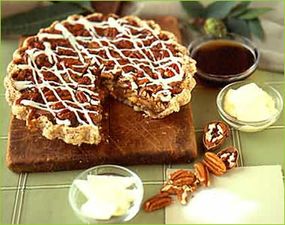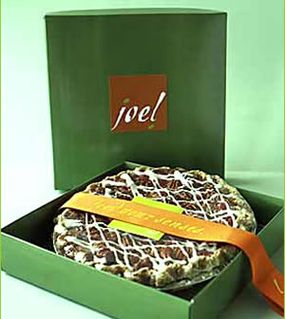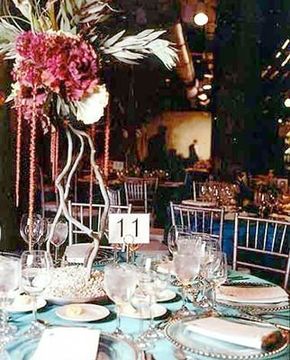Meeting the Caterer
A popular mantra in the catering business is "How can I make it happen for you?" For most, this isn't an empty statement. A caterer worth his or her salt (and all the other spices in the spice rack) stands firmly behind this phrase.
After you make contact with a catering firm, the caterer's first job is to figure out what you want and decide how the company can create it for you. This process usually begins with a client-caterer meeting -- sort of like a first date. Whether it happens during the initial phone call or a scheduled appointment, the client services representative wants to get as much information as they can to help them prepare a proposal for you. As a client, you should be ready to answer these questions:
Advertisement
- What is the proposed date and time of the event?
- Is this a social or professional function?
- Do you have a general budget in mind?
- How many guests will attend?
- Have you selected a venue or setting?
Of course, depending on the type of function, other questions can (and should) come into conversation. Keep in mind that this initial discussion is critical because it will be the backbone of the caterer's proposal. So, if you have certain ideas in mind, you need to be as explicit as possible. According to Dondis, this -- what's in the client's "minds-eye" -- is the most important thing to discover.
One of the biggest mistakes a client can make is to only think about the budget. You can't expect to say to a caterer "I have "x" amount to spend; what can I get for that?" and get a reasonable answer. You also need to explain what you hope to get for that budget. When the caterer understands your budget and your expectations, he or she can figure out if they match-up. If they do, great. If they don't, then don't worry -- it's not a wash. It just means that it's time for more questions. Remember you're dealing with professionals and they're equipped to help you.
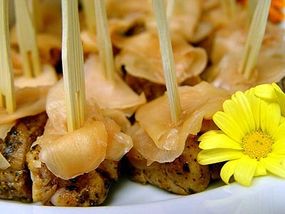
Let's say you're planning a 50th wedding anniversary for your parents, and like most of us, you're on a pretty strict budget. Initially you have something really elaborate in mind. But, you discover that with the number of guests you hope to invite, your budget isn't going to afford you the luxurious event you envisioned. So it's time to prioritize. The client services representative asks you a series of questions related to your parent's tastes -- perhaps something like this:
- What is their favorite kind of food?
- Do they like formal or informal functions?
- When they entertain, what are their gatherings like?
- Do they prefer small or large groups?
- What do your parents like to do in their spare time?
- What's their favorite vacation destination?
From your answers, it's clear that your parents would be much more comfortable with a relaxed, casual atmosphere.
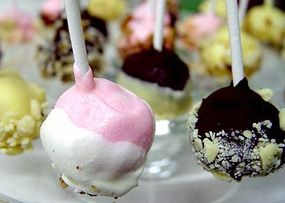
Instead of a formal seated dinner with assigned seating and place-cards, your parents would much rather everyone be able to move about and socialize. A new vision starts to take shape in your mind: An outdoor southern-inspired cocktail party with fairy lights in the trees, soft jazz playing in the background and a light scent of magnolia blossoms swirling around the guests. With this new information, the catering firm can prepare a proposal that accommodates both your expectations and your budget.
Next, let's take a look at what goes into preparing a proposal.
